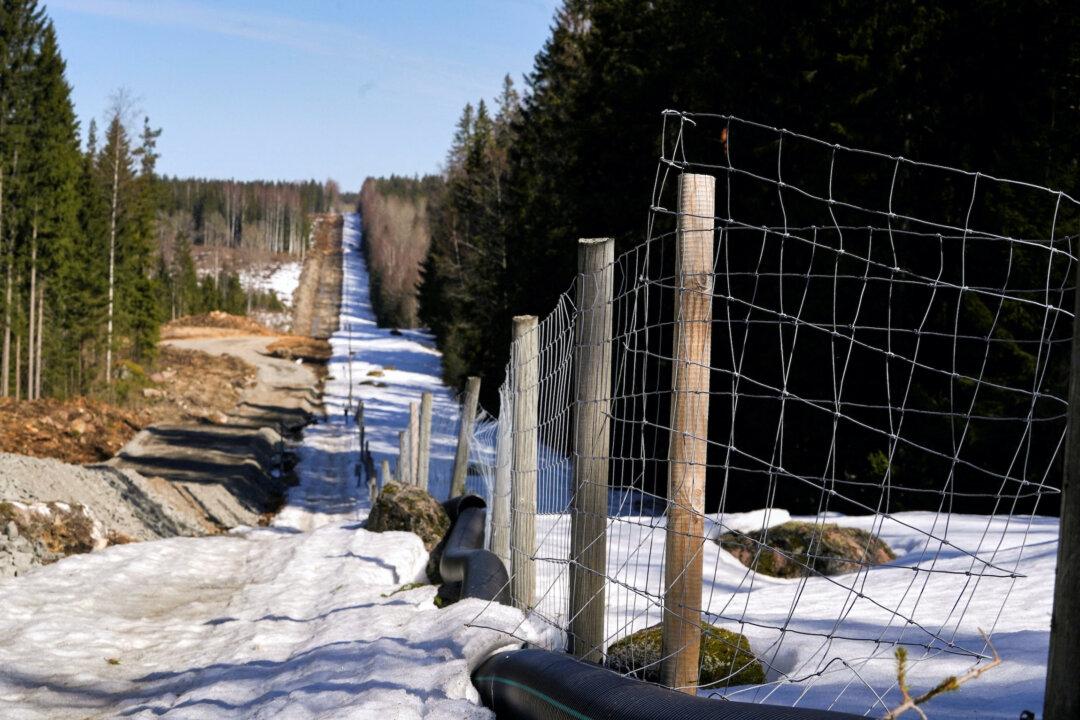The Kremlin has voiced its “regret” over a recent decision by new NATO member Finland to close several crossings along its border with Russia.
The move by Helsinki “causes deep regret because [Russia] had longstanding and very good relations with Finland based on mutual respect,” Kremlin spokesman Dmitry Peskov said on Nov. 20.





